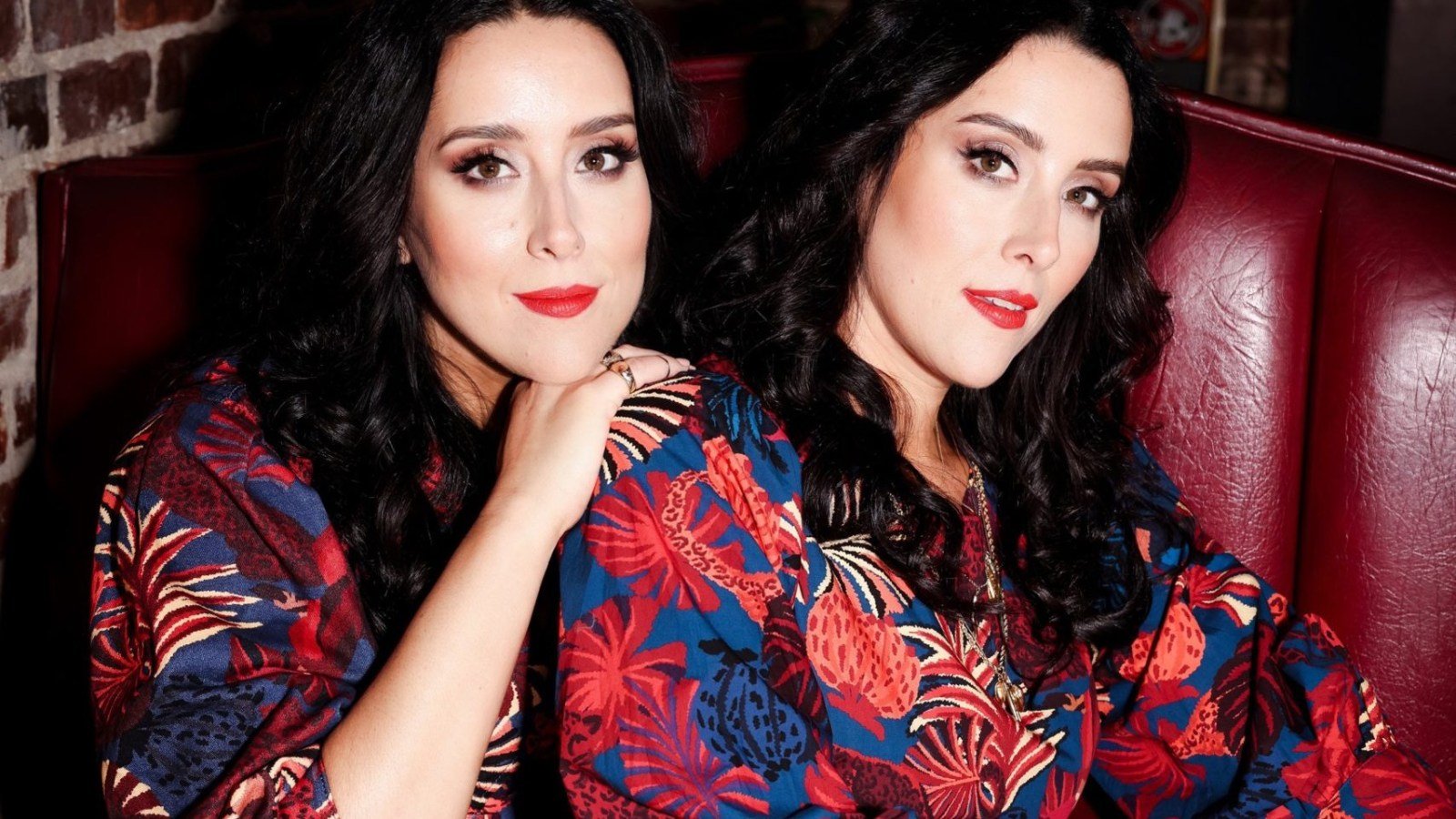“Dreams didn’t make us kings,” Daemon Targaryen tells his wife, Rhaenyra. “Dragons did.” He tells her this with his hand around her throat, choking the air out of her. The Queen — or princess, depending on your point of view — had just informed him of the prophecy known as the “Song of Ice and Fire.” It’s Aegon the Conqueror’s prescient dream, confided in her by her father King Viserys, about a future Targaryen monarch who will save the realm from darkness in the North. It’s one of the reasons why Rhaenyra is trying to avoid war with her rival for the throne, Aegon II, and his mother Alicent Hightower: You can’t save a realm you’ve already helped burn to the ground.
But it’s a dream for which the dangerous Daemon — to whom Viserys had never divulged it — has no use. He’s so eager for Rhaenyra to press her claim to the throne and punish the traitors who usurped it from her that he physically attacks her over it. It’s clear from the shocked look on Rhaenyra’s face after he lets her go that this is something she’d never dreamed of happening.
Shattered dreams are a recurring theme for the Queen in the House of the Dragon season finale. Written by co-creator/co-showrunner Ryan Condal and directed with keen attention to color and composition by Greg Yaitanes, the episode is entitled “The Black Queen” — seemingly as much for Rhaenyra’s grief and misfortune as her faction’s emblematic color. It repeatedly shows her moving from one catastrophe to the next, until she reaches one seemingly destined to set the realm to burn.

Which is a damn shame, because she seems to be the only cool head in the room — not to mention the only leader among her family and advisors vocally determined to prevent bloodshed and chaos, if she can help it. “When dragons flew to war, everything burned,” she tells her loyalists, recounting old history lessons taught to her by Viserys. “I do not wish to rule over a kingdom of ash and bone.” It’s this speech that drives the frustrated Daemon into assaulting his wife…but it also wins over Rhaenys Velaryon, who, impressed with Rhaenyra’s caution, brings her dragon, her husband the Sea Snake, and their massive fleet over to the Black cause.
It’s just about the only bit of good news Rhaenyra receives. When Rhaenys informs her earlier in the episode that Aegon II has been publicly crowned king, the bad tidings trigger a horrific stillbirth for the then-pregnant queen. (Yeah, it’s one of those fictional “uh-oh, the pregnant lady is upset, time for a miscarriage” storylines.) It’s worth noting here that Daemon echoes the complaints of many viewers when he asks Rhaenys why she didn’t just burn the Greens when she had the chance: “That war is not mine to begin,” she coolly replies. You can see how Rhaenyra won her over by not immediately jumping ugly with the Greens.
The episode’s most unexpectedly touching scene helps explain Rhaenyra’s restraint. A contingent of enemy ambassadors led by the Hand of the King, Ser Otto Hightower, arrive on Rhaenyra’s fortress island of Dragonstone, offering terms for a peace deal if Rhaenyra will bend the knee. She is disgusted. Daemon, as usual, is ready to kill.
Then Otto pulls out a special message from his daughter Alicent: a page from a history book the two girls studied together when they were kids back in the series premiere, from a passage about the legendary warrior queen Nymeria, who saved her people after a ruinous war. “Queen Alicent has not forgotten the love you once had for each other,” Otto tells Rhaenyra, who actually sheds a tear. Clearly, she hasn’t forgotten that love either. (Daemon, who’s only ever seen the Hightower family as enemies — and, to be fair, vice versa — has no time for this kind of sentimentality, as his explosive rage at Rhaenyra later that night indicates.)
Determined to gather as many dragons to the Black cause as possible, Daemon skips out on his duties to try and woo the enormous beast called Vermithor, dwelling in one of the island’s caverns. Meanwhile, Lord Corlys arrives, announcing that his forces have complete control of the Narrow Sea and can arrange a blockade of King’s Landing, hopefully setting up a relatively bloodless victory.
But they’ll still need the backing of the other Great Houses around the Seven Kingdoms, and so Rhaenyra’s kids Jacaerys and Lucerys volunteer to fly off to negotiate. While Jake heads for the distant North, Luke is sent on a shorter and ostensibly safer journey to Storm’s End, home of House Baratheon, with whom they have direct blood ties. (Or would, if they weren’t bastards, but we won’t press the issue since we don’t want our heads cut in half.)
And that’s when Rhaenyra receives her worst blow of all. When Luke arrives on his tiny dragon Arrax, the great beast Vhagar rises up out of the background like freaking Godzilla, and its rider, Aemond One-Eye, awaits the kid in the hallway of the angry, illiterate Lord Borros Baratheon (Roger Evans). Aemond, who sports a supremely bitchin’ sapphire in his vacant eye socket, demands an eye for an eye from the kid who half-blinded him all those years ago. Baratheon prevents a fight from breaking out under his roof. Once they’re up in the sky, however, all bets are off.
Sure enough, Luke soon finds himself and Arrax pursued by Aemond and Vhagar, who loom over their smaller quarry like that Star Destroyer firing at Princess Leia’s ship at the beginning of Star Wars. It seems as if Aemond only means to scare the kid, but it’s like Rhaenyra said: When you play with dragonfire, you get burned. Arrax defies his young rider and tries to burn Vhagar; the beast, too old and too lethal to follow orders when directly attacked, retaliates by tearing Luke and his dragon to bits in its massive jaws, letting the pieces plummet to the ground. It’s clear from the looks on both Aemond’s face when he sees what’s happened, and Rhaenyra’s face when she gets this last, worst piece of bad news: When Luke died, so did any hope for peace.
Which brings us back to that torn-out page Alicent sent to Rhaenyra as an olive branch. The two girls were just 14 when Rhaenyra was declared heir and Alicent was sent by Otto to “comfort” a grieving Viserys, putting an end to those carefree days. Luke was just 14 when he died. And so a war set up long ago in the names of two children, who grow into women whose shared childhood memories nearly prevent that war from breaking out, becomes inevitable when a child dies. None of these poor kids asked for any of this, but the system — the monarchy, the patriarchy, the violence underpinning it all — turned them all into cogs in the war machine anyway.
Dragons, incest, one-eyed princes, ancient prophecies, etc.: They’re the flashy, occasionally sleazy adult-fantasy stuff that have made Dragon blockbuster material. The arresting visuals — the meeting between Rhaenyra and Otto at sunset, Luke’s flight through the stormclouds, all those hulking dragons — help as well. But it’s that central tragedy, of two well-meaning women slowly made into realm-destroying monsters in a world where actual monsters still take wing, that elevates the show above its genre counterparts. Forget dragons for a moment; there are other ways to soar.




